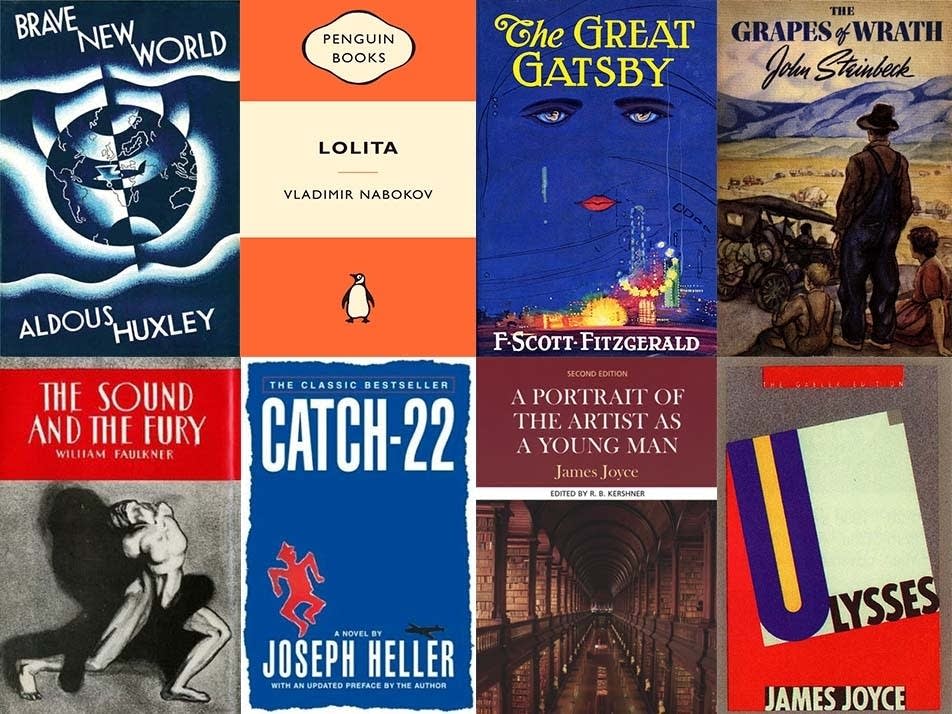This article lists the 10 best novels of the 21st century so far. “The Road” by Cormac McCarthy, a post-apocalyptic novel, tops the list with its exploration of survival, morality, and love in a world without humanity. “Cloud Atlas” by David Mitchell, a complex work that interweaves six interconnected stories spanning different genres and time periods, comes second. Other notable entries include “Middlesex” by Jeffrey Eugenides, which examines the theme of identity in a Greek-American family, and “The Brief Wondrous Life of Oscar Wao” by Junot Diaz, which is a coming-of-age story about a Dominican boy growing up in the US. These novels are a must-read for anyone who loves literature.
The 10 Best Novels of the 21st Century
1. “The Road” by Cormac McCarthy
“The Road” is a post-apocalyptic novel that tells the story of a father and son journeying through a desolate landscape. The novel explores themes of survival, morality, and love in a world stripped of humanity. McCarthy’s sparse and powerful prose makes “The Road” a haunting and unforgettable read.
2. “Cloud Atlas” by David Mitchell
“Cloud Atlas” is a masterful work that weaves together six interconnected stories spanning across different time periods and genres. Mitchell’s writing style is impressive, and his unique storytelling technique makes “Cloud Atlas” a fascinating and thought-provoking read.
3. “The Amazing Adventures of Kavalier & Clay” by Michael Chabon
“The Amazing Adventures of Kavalier & Clay” is a historical novel that chronicles the lives of two Jewish comic-book creators during the Golden Age of Comics. The novel explores themes of identity, creativity, and the lasting power of art. Chabon’s writing is rich and immersive, and his characters are unforgettable.
4. “The Corrections” by Jonathan Franzen
“The Corrections” is a family saga that follows the lives of the Lambert family. The novel explores themes of aging, identity, and the changing landscape of American society. Franzen’s writing is sharp and insightful, and his characters are complex and relatable.
5. “The Brief Wondrous Life of Oscar Wao” by Junot Diaz
“The Brief Wondrous Life of Oscar Wao” is a coming-of-age story that follows the life of Oscar, a nerdy Dominican boy growing up in New Jersey. The novel explores themes of identity, love, and the immigrant experience. Diaz’s writing is fresh and vibrant, and his characters leap off the page.
6. “Middlesex” by Jeffrey Eugenides
“Middlesex” is an epic family saga that spans three generations of a Greek-American family. The novel explores themes of identity, gender, and the changing landscape of America. Eugenides’ writing is lyrical and powerful, and his characters are unforgettable.
7. “Atonement” by Ian McEwan
“Atonement” is a sweeping historical novel that follows the lives of two sisters and a young boy during World War II. The novel explores themes of guilt, love, and the power of storytelling. McEwan’s writing is precise and elegant, and his characters are complex and compelling.
8. “The Yiddish Policemen’s Union” by Michael Chabon
“The Yiddish Policemen’s Union” is a detective story that takes place in an alternate history where Israel was destroyed and the Jewish people settled in Alaska. The novel explores themes of identity, faith, and politics. Chabon’s writing is witty and engaging, and his characters are unforgettable.
9. “The Luminaries” by Eleanor Catton
“The Luminaries” is a complex and intricate novel that follows the lives of twelve different characters during the gold rush in New Zealand. The novel explores themes of destiny, fate, and the search for meaning. Catton’s writing is innovative and immersive, and her characters are intricate and memorable.
10. “Never Let Me Go” by Kazuo Ishiguro
“Never Let Me Go” is a dystopian novel that explores the lives of three friends growing up in a secluded English boarding school. The novel explores themes of identity, love, and the consequences of scientific progress. Ishiguro’s writing is haunting and poetic, and his characters are unforgettable.
In conclusion, these ten novels are a testament to the power of literature in the 21st century. From post-apocalyptic landscapes to family sagas to alternate history detective stories, these novels explore a wide range of themes and experiences. They are a must-read for any lover of great literature.
